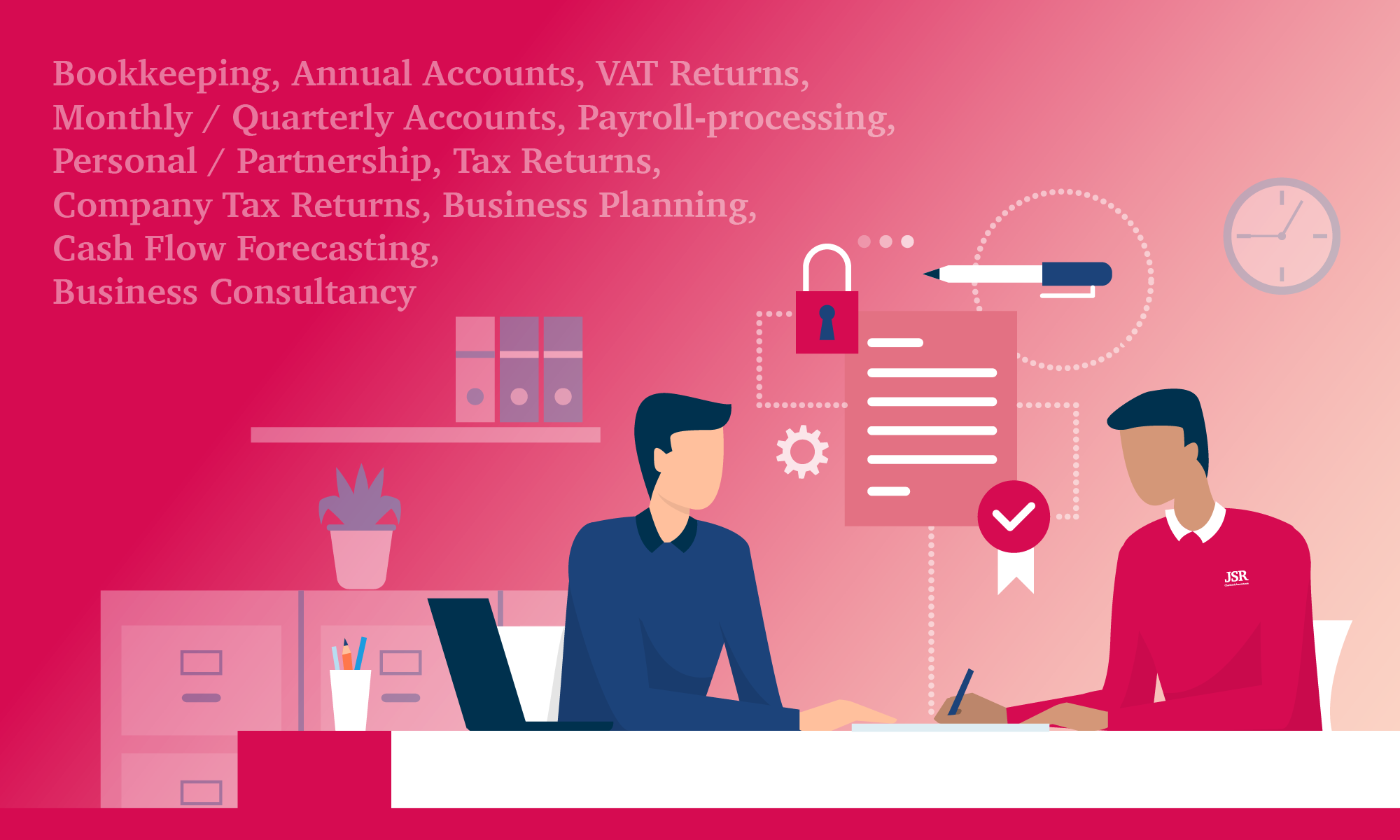Chartered accountants have come through a rigorous regime of training and examinations, and have wide practical experience which they can use for your benefit. They are the general practitioners of the financial world, with the expert knowledge and integrity to give you high quality advice on any aspect of your financial affairs.You will only fill in one tax return each year, chartered accountants fill in dozens, and you can benefit from that professional expertise and experience.
No-one likes paying taxes. But effective planning to reduce your tax bill requires professional advice. Don’t make decisions based on half-understood newspaper articles, or advice from a friend – they can be so wrong that they cost you money rather than saving it.
Running a business does offer some opportunities to legally save tax. But to make the best of them, you need to talk to your chartered accountant before entering into any major transactions, so that he or she has a chance to advise you on the best approach.
You also have to worry about the tax you deduct from your employees’ wages. On the whole, they are interested in their take-home pay. However, if you, with your chartered accountant’s help, find a tax-efficient way to get cash or benefits into their hands, that can reduce your overall costs.
A lot of people think that you only need a chartered accountant if you run a business. Not true. There are lots of times when you should consult a chartered accountant for your personal financial affairs. Some people have affairs that are so complex, they need to use a chartered accountant regularly to prepare their tax return and generally advise them. But even if you are not in that category, there are still plenty of times when you could benefit from an hour or two of a chartered accountant’s time.
One of the more complicated areas of taxation is the tax charge on benefits in kind, such as company cars. If your employer suggests that you might like to buy your own car and use it for work, how much extra pay would you expect to get to make the switch worthwhile. Don’t know? Your chartered accountant does.
What about a pension? Does your employer have a pension scheme? If so, is it any good? How do you know? Not all chartered accountants give financial advice, but most can give you some general unbiased information about your pension options, and can put you in touch with a reliable adviser.
What about when you change jobs? Do you know what package you should be asking for on termination, or on taking up your new job? Will the moving allowance that you get from your new employer be tax free?
These are all questions that a chartered accountant can help you with. You may face them a handful of times in your career – a chartered accountant deals with these issues regularly. Arrange a meeting to discuss the implications, get the benefit of an hour or two of a chartered accountant’s time.
When you get married, you may not think about inviting along a chartered accountant to the wedding! But it is a good idea to check up on the financial consequences. It might be a good time for parents to make gifts that are free of inheritance tax. You may find that you can reduce your tax bill by moving your savings between you. An hour with a chartered accountant before you say ‘I do’ might help to pay for the honeymoon!
Buying a house is another time when a chartered accountant could be useful. Which is better – to take a big mortgage and keep your savings invested, or use the savings to reduce the mortgage? There is no one answer that is right for everyone, you need a chartered accountant to advise you.
And finally there is death. Asking a chartered accountant for inheritance tax advice might seem morbid – but your spouse and children won’t thank you for your squeamishness. Inheritance tax can make a hard time even worse by creating financial problems. It is a particular problem for couples who aren’t married, since they cannot pass assets to each other tax free, but all families should know what the financial consequences of a death would be – and a chartered accountant can explain it to you.
So if you are considering preparing your own tax return this year or using an unqualified accountant, why not have a quick rethink. Last January we received numerous new clients who had prepared their own tax return and wanted us to have a look at it prior to submission. In EVERY case we were able to reduce their tax bill for them by using reliefs etc that they did not know existed!!!
So who knows, this year we may even be able to persuade HMRC that you have overpaid tax.
Then you won’t just be sending in your tax return – you’ll be getting tax returned!
Jonathan & Stacie Ross

